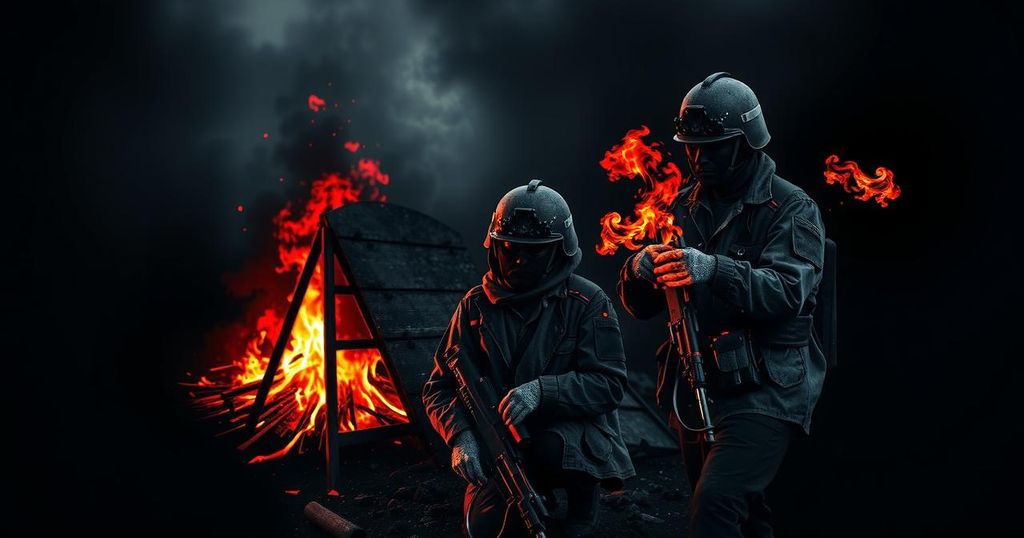Global news
AGENCY, AMSTERDAM, AND GENOCIDE, ASIA, EUROPE, GO, GOZDE BAY, HUMAN RIGHTS, HUMAN RIGHTS VIOLATIONS, INDONESIA, INTERNATIONAL LAW, JEFF, JEFFRY PONDAAG, KNAW, NETHERLANDS, OF, PONDAAG, ROYAL NETHERLANDS INSTITUTE OF SOUTHEAST ASIAN AND CARIBBEAN STUDIES, SUMATRA, TERRORISM
Fatima Khan
0 Comments
Research Reveals Dutch Government’s Tolerance of Violence During Indonesian War of Independence
A recent joint study reveals that from 1945 to 1949, Dutch soldiers engaged in widespread violence in Indonesia, including extrajudicial killings, murder, rape, and torture, with government authorities failing to investigate such acts. Researchers describe this violence as intentional and linked to the broader context of Dutch colonialism, calling for greater accountability for historical injustices perpetrated during the Indonesian independence struggle.
Recent research indicates that during Indonesia’s struggle for independence from 1945 to 1949, Dutch soldiers executed extrajudicial killings and engaged in acts of murder, rape, and torture. This joint study by The Royal Netherlands Institute of Southeast Asian and Caribbean Studies (KITLV), the Netherlands Institute of Military History (NIMH), and the Institute of War, Holocaust, and Genocide (NIOD) details the systematic violence perpetrated by Dutch forces. Researchers asserted that the Dutch government effectively tolerated these violent acts by failing to conduct sufficient investigations into the behaviors of military and judicial authorities. The findings reveal that the violence deployed by the Dutch was both widespread and intentional, with many incidents occurring under inhumane conditions. Critically, researchers have highlighted that the impunity surrounding these actions stemmed from the historical context of Dutch colonization, which involved racism and systemic exploitation of the Indonesian populace.
The Indonesian war of independence was a significant period from 1945 to 1949, marking the Southeast Asian nation’s fight against colonial rule by the Netherlands. Following Indonesia’s declaration of independence on August 17, 1945, the Dutch government remained resolute in its refusal to recognize the new state. Troops were dispatched to uphold colonial authority, leading to numerous war crimes against civilians. The conflict persisted until peace negotiations culminated in Dutch recognition of Indonesia’s independence on December 27, 1949. The context of this independence movement is crucial for understanding the recent findings regarding the violent actions of Dutch soldiers during the struggle.
This study sheds light on the systematic violence tolerated by the Dutch government during Indonesia’s independence struggle. It emphasizes that historical accountability remains necessary, as the violence inflicted by Dutch soldiers was not only prevalent but also sanctioned through governmental inaction. The findings serve as a reminder of the broader implications of colonial histories and call for reparative recognition by the Netherlands regarding its actions. As stated by local media sources, such awareness is crucial to acknowledging historical responsibilities instead of simply attributing blame to one side.
Original Source: www.aa.com.tr




Post Comment